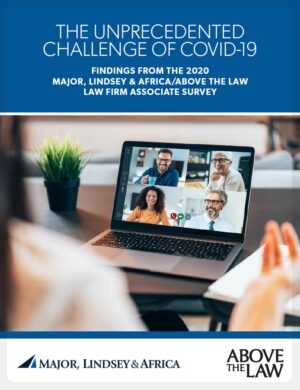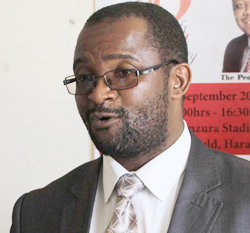Most of the country can’t name any Supreme Court justices, let alone multiple, which is why Rick and Morty’s newfound fixation with the associate justices underscores the show’s commitment to smarter audiences.
Three episodes into the most recent run of episodes, and the cartoon has roped both Ruth Bader Ginsburg and Sonia Sotomayor into its adventures.
In the first episode of this run, the duo finds themselves trapped on a train locked in a narrative circle and Morty can only save their lives if he can tell a story that passes the Bechdel test of female agency. The boy succeeds, both barely and dubiously, with a vignette about his mother and sister fighting scorpions with menstrual lasers and Justice Ginsburg calls to congratulate them.
On last night’s episode, Justice Sonia Sotomayor arrived as Morty dove into a vat of acid, which was “not jacuzzi-heated Mountain Dew” and eulogizes the supposedly dead — but not really — child with a passage from the Merchant of Venice:
Though justice be thy plea, consider this:
That in the course of justice none of us
Should see salvation. We do pray for mercy.
This is not the first foray into niche legal humor for the Rick and Morty team. Back in 2016, the show took one of the greatest pro se transcripts ever and turned it into a mini-cartoon, creating a viral video sensation assuming we can still glibly use the word “viral” in that way these days.
The Notorious RBG craze, a documentary, and a motion picture have all upped Justice Ginsburg’s general recognizability, so referencing her in an episode — especially contextualized as only someone Morty, like the public, vaguely recognizes — makes some sense. But bringing Sotomayor into the mix almost felt like the show was daring viewers to admit to themselves that they really should know more about the Supreme Court. Challenging the legions of toxic edgelords on Reddit to pretend they knew exactly who Sotomayor was before Rick identified her. Or perhaps this was a little nod to make up for the first joke about Morty’s gender blindspot, letting the audience know that the creators actually know RBG as more than “that Supreme Court lady.” It’s not like they inserted Stephen Breyer into the narrative.
In any event, this is more Supreme Court action than a popular television show has put out in a long time so we should just embrace it no matter how it’s happening. Stay tuned next Sunday at 11 to see if Elena Kagan makes an appearance.
Earlier: Greatest Transcript Ever Turned Into Greatest Cartoon Ever
 Joe Patrice is a senior editor at Above the Law and co-host of Thinking Like A Lawyer. Feel free to email any tips, questions, or comments. Follow him on Twitter if you’re interested in law, politics, and a healthy dose of college sports news. Joe also serves as a Managing Director at RPN Executive Search.
Joe Patrice is a senior editor at Above the Law and co-host of Thinking Like A Lawyer. Feel free to email any tips, questions, or comments. Follow him on Twitter if you’re interested in law, politics, and a healthy dose of college sports news. Joe also serves as a Managing Director at RPN Executive Search.





 Kathryn Rubino is a Senior Editor at Above the Law, and host of
Kathryn Rubino is a Senior Editor at Above the Law, and host of 













